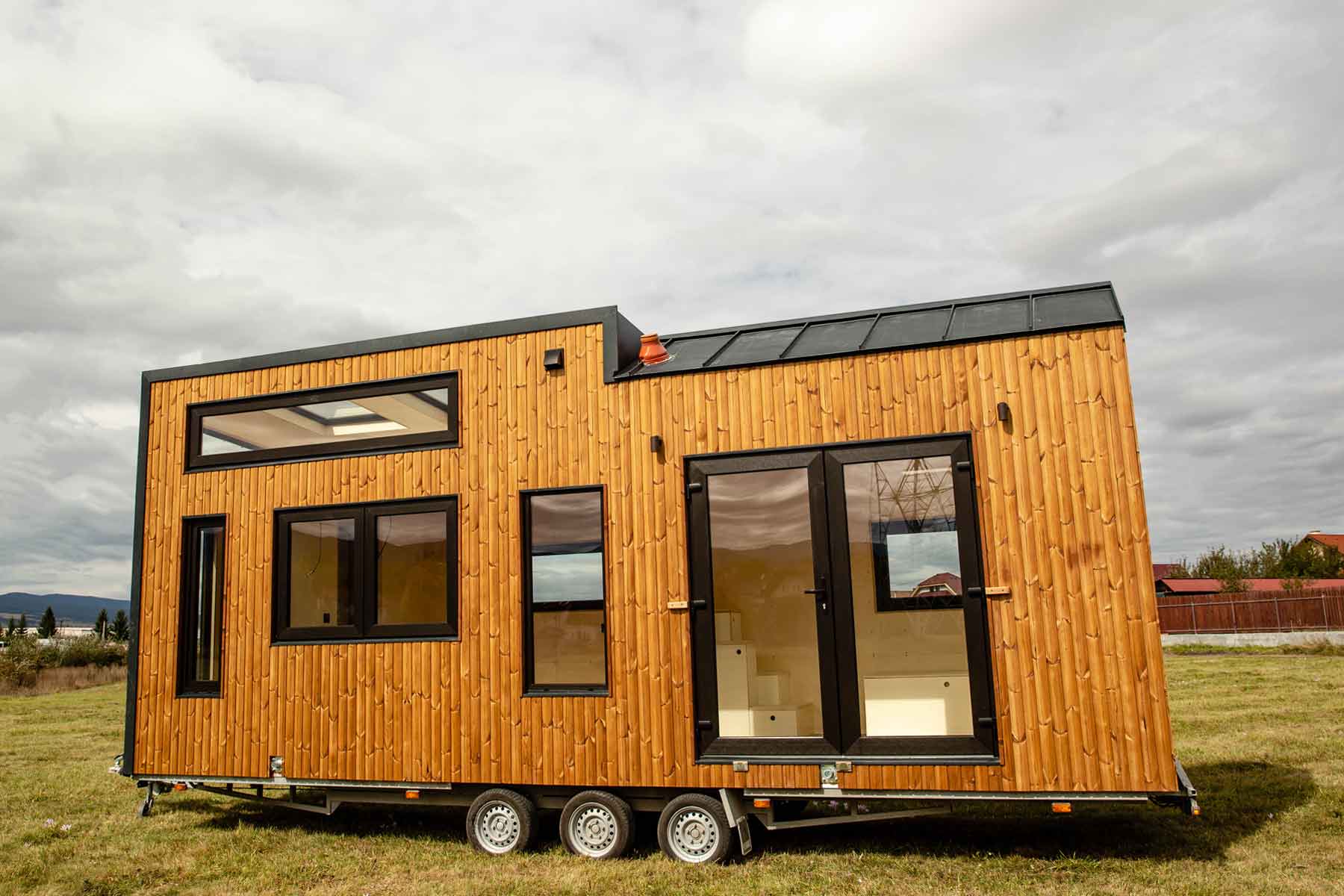Black off grid living – Black off-grid living represents more than just a lifestyle choice; it’s a powerful statement of self-reliance and a reclamation of ancestral knowledge. This exploration delves into the unique challenges and triumphs of Black communities embracing off-grid existence, highlighting their resourcefulness, sustainable practices, and the vital role of community in building a thriving future. We’ll uncover the historical context shaping these experiences, examine innovative solutions for sustainable living, and celebrate the cultural preservation embedded within this journey.
From navigating systemic barriers to access to land and resources, to developing innovative economic models and fostering strong community networks, Black off-grid living showcases remarkable resilience and ingenuity. This journey reveals not only the practical aspects of self-sufficiency but also the profound cultural and spiritual connections forged through a return to nature and a reimagining of community.
Sustainable Practices in Black Off-Grid Communities: Black Off Grid Living
For generations, Black communities, often facing systemic barriers to land ownership and resource access, have developed remarkable resilience and ingenuity in off-grid living. Their sustainable practices, born from necessity and interwoven with cultural traditions, offer valuable lessons for a world increasingly concerned with environmental sustainability and equitable resource management. These practices demonstrate the power of community collaboration and innovative adaptation in the face of adversity.
Traditional and Innovative Sustainable Practices
Black off-grid communities have employed a diverse range of sustainable practices across water, energy, and food production. Traditional methods, often passed down through generations, are complemented by innovative approaches that leverage modern technology while maintaining ecological integrity. This blend of old and new reflects a deep understanding of both environmental limitations and human ingenuity.
- Water: Rainwater harvesting using cisterns and strategically placed collection systems is common. Traditional methods of water purification, such as solar distillation and filtration using natural materials, remain relevant alongside the adoption of affordable, low-maintenance water filtration systems. Efficient irrigation techniques, adapted to local climates and water scarcity, ensure minimal water waste in agriculture.
- Energy: Solar power, both photovoltaic and thermal, is increasingly adopted, often supplemented by wind power in suitable locations. Traditional methods like using biomass for cooking and heating, while acknowledging their environmental impact, continue to play a role, often optimized through efficient stove designs and responsible fuel sourcing. The use of energy-efficient lighting and appliances further reduces reliance on external energy sources.
- Food: Traditional farming techniques like companion planting, crop rotation, and intercropping maximize yields and soil health. Permaculture principles are increasingly adopted, fostering biodiversity and creating resilient food systems. Preservation techniques such as drying, canning, and fermentation extend the shelf life of harvested food, minimizing waste and ensuring year-round food security. Community gardens and shared farming initiatives further enhance food production and access.
Permaculture and Ecological Design Principles
The application of permaculture and other ecological design principles is crucial in creating sustainable and resilient Black off-grid settlements. These principles emphasize working with, rather than against, natural systems. This includes mimicking natural ecosystems to create self-regulating and productive landscapes. For instance, the integration of swales for water harvesting and the strategic placement of trees for windbreaks and shade are common practices that enhance both environmental stability and agricultural productivity.
By prioritizing biodiversity and minimizing environmental impact, these communities create systems that are both productive and environmentally responsible.
Community-Based Resource Sharing and Collaborative Solutions
A defining characteristic of many Black off-grid communities is the strong emphasis on collective action and resource sharing. This collaborative approach extends across all aspects of sustainable living. For example, shared water resources, communal gardens, and cooperative energy systems are common, fostering a sense of community and mutual support. This shared responsibility reduces individual burdens and promotes a more equitable distribution of resources.
Knowledge sharing and mutual assistance in maintaining and repairing infrastructure are essential components of this collaborative model.
Example: The Success of a Sustainable Practice, Black off grid living
A compelling example is the community of [Name of Community – replace with a real example if possible, including verifiable source], located in [Location]. Facing limited access to electricity and clean water, the community successfully implemented a combined rainwater harvesting and solar-powered water purification system. Challenges included the initial high cost of equipment and the need for specialized technical skills.
However, through community fundraising, skill-sharing workshops, and external partnerships with NGOs, the community overcame these obstacles. The result is a reliable source of clean water and a significant reduction in water-borne illnesses, demonstrating the power of collective action and innovative solutions. The system also serves as a model for other communities in the region.
The story of Black off-grid living is a testament to the enduring strength of the human spirit and the power of community. By understanding the unique challenges and celebrating the remarkable achievements of these communities, we can learn valuable lessons about sustainability, resilience, and the importance of cultural preservation. This journey is not just about escaping the grid; it’s about building a more just and sustainable future, one community at a time.
The lessons learned here resonate far beyond the off-grid context, offering a powerful model for sustainable and equitable living for all.
Do not overlook the opportunity to discover more about the subject of off grid living northern ireland.



